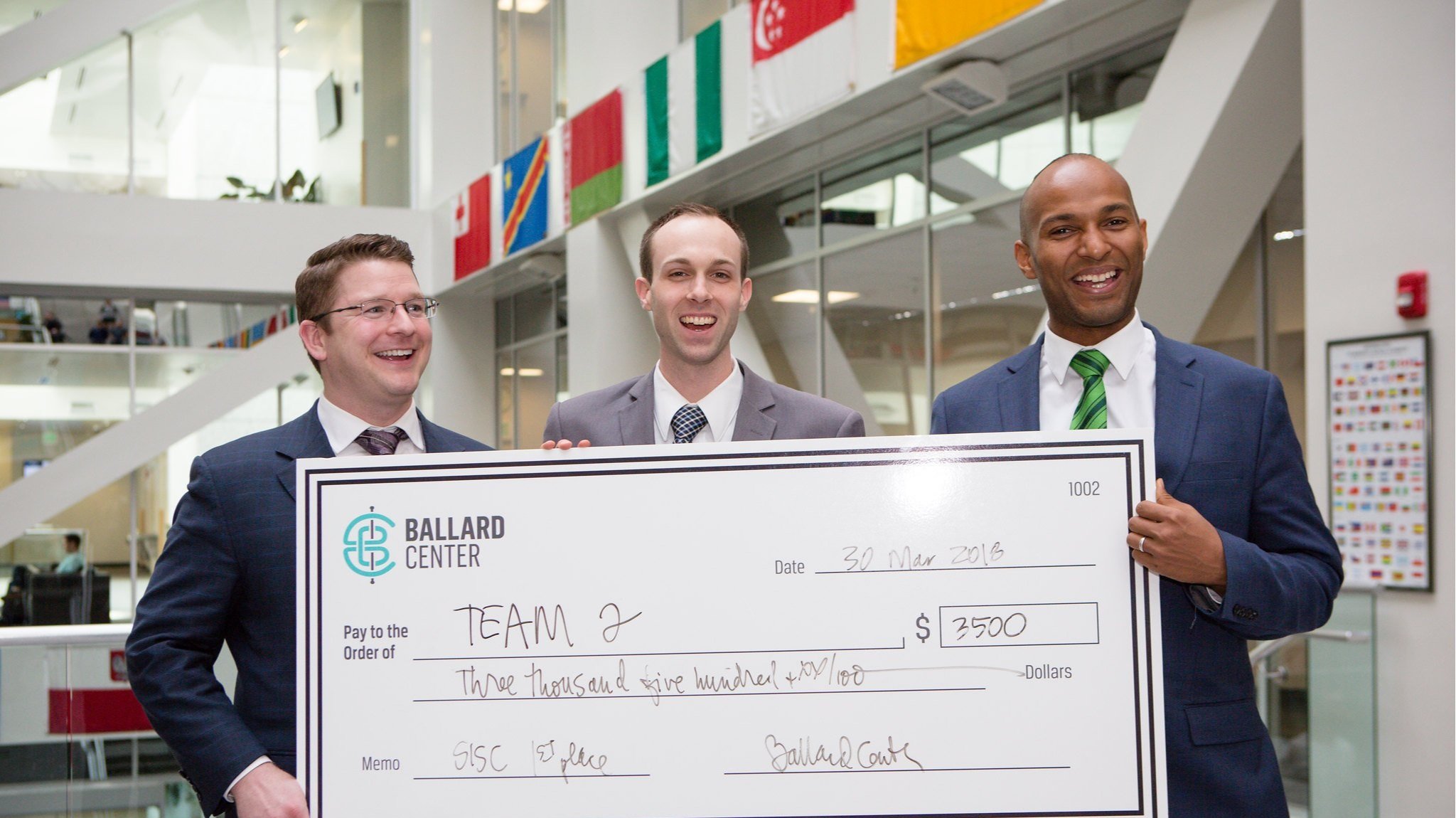Class FAQ
-
Nope! In fact, we are constantly seeking more variety of majors within our program. We like to set up our teams so that each member is from a different major. Some of the best ideas are formed when people from different disciplines come together.
-
If you saw the word “application” and almost ran for the hills, don’t worry! The purpose of this application is to get an idea of your background (major, interests, favorite social causes, etc.). In addition, we use the application to make sure the students joining the SVA class are motivated and committed to getting their ventures off the ground.
-
Nope! We’ve designed the class to educate anyone with a good idea and an interest in business through the beginning stages of building a startup. No previous experience required.
-
MSB 471R: Social Venture Academy is a 3 credit class that meets T/Th from 5-6:15pm. It is offered Fall and Winter semesters. Once your application has been reviewed, you’ll receive an add-code after an interview with a leadership team member.
-
Yes! You are still welcome to participate in our pitching events even if you can’t take the class (although taking the class before hand is highly recommended if possible). We also have mentoring services available for those who want advice/feedback.
Pitching FAQ
-
Nope! Any BYU student who owns a social venture is eligible to pitch. You can email us to claim a spot in the next event.
-
Pitching events typically happen 2 times per semester and once over the summer.
-
The judges are social entrepreneurs from around Utah. Most of them have ties to local universities, including BYU and UVU.
-
This is “non-dilutive grant funding.” In other words, you don’t need to give up part or all of your ownership in exchange for funding—you just get money to start your business.
What is a Social Venture?
In our case, it is a business that meets the following three criteria:
-
The business must address, alleviate, or solve a social issue.
Creating impact is a core function of the venture, not a secondary objective or natural byproduct. For example, Ecoscraps converts food waste into composted fertilizer. The core product reduces waste and methane, a core greenhouse gas. The company does not simply give 10% of profits to recycling efforts.
-
The venture must help a vulnerable population or the environment.
Qualified ventures improve the lives of people who are disadvantaged or oppressed in a systemic, societal, or cultural way. For example, Fundación Paraguaya has an agricultural high school that teaches organic agriculture and business skills to poor indigenous youth. The company does not target middle- or upper-class youth.
-
A core part of the venture’s intervention requires funders who recognize the need to work with vulnerable populations and measure outcome data to ensure positive changes in their customers’ lives.
For example, Resol needed initial capital from funders who believed—unlike standard angel or VC firms—in the organization’s mission to help female Venezuelan refugees build their own business.


